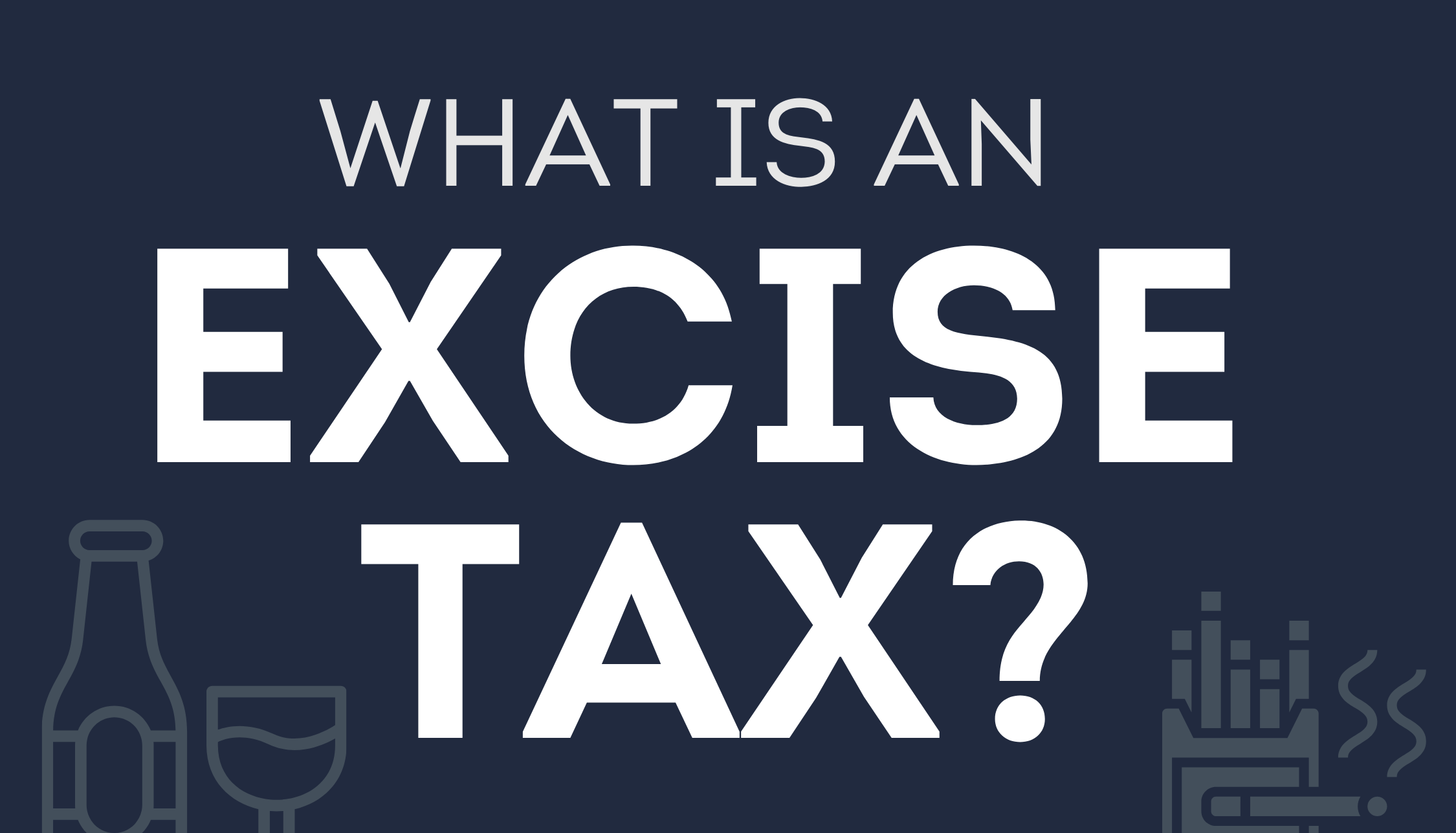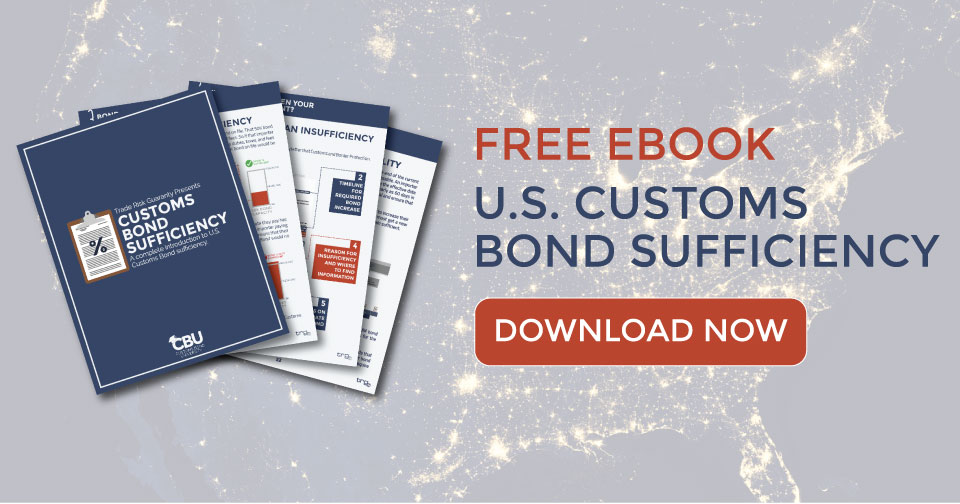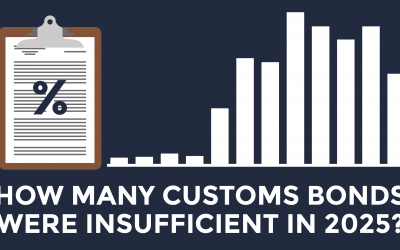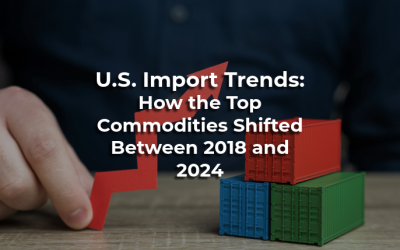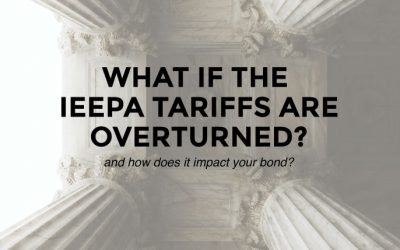An excise tax is a legislated tax on specific goods such as fuel, tobacco, and alcohol. The IRS establishes the amount of this tax, and CBP collects it on its behalf.
When importing into the United States, businesses will have to pay duties, taxes, and fees to United States Customs and Border Protection (CBP) for their goods. Depending on what businesses are importing, excise tax could be a part of their expenditures.
An excise tax is a tax imposed on the sale of specific goods or services. Also referred to as a “sin tax,” excise tax is used to discourage what the government considers unhealthy. Excise tax revenue is generally allocated toward fighting negative consequences of the unhealthy behavior or product.
Excise taxes are imposed by U.S. federal, state, and local governments. Since there are both federal and state excise taxes, it’s essential to check your state’s requirements.
CBP is responsible for collecting excise tax on all eligible imported items. CBP may impose excise taxes at the time of:
- Import
- Sale by the manufacturer
- Sale by the retailer
- Use by the manufacturer or consumer
Who Pays Excise Tax?
The producer passes some of the excise tax burden to the consumer when they add it to the product’s sale price. Like sales tax, excise taxes are indirectly passed on to the customer at the point of sale. How much consumers and producers will share the burden depends on supply and demand elasticity.
How is Excise Tax Calculated?
Excise tax is charged in one of two ways:
- As a percentage of price (ad valorem): excise taxes are charged as a percentage of the product. For example, the excise tax for a vehicle purchase will be a certain percentage of its value.
- Per-unit (specific): taxes are charged on each unit sold. For example, an excise tax is levied on each gallon of gas.
Specific items imported into the United States will have excise taxes that are charged per unit. Examples of per-unit excise taxes that the federal government levies include:
- Alcohol
- Tobacco products
- Firearms and ammunition
- Gasoline and diesel
- Jet fuel
Some items imported into the United States are subject to ad valorem excise taxes. A common example of this is vehicle purchases. A certain percentage of the vehicle’s value will be paid to the IRS as an excise tax.
How Do You Report Excise Tax?
If you sell any products subject to excise tax, it’s your responsibility to collect and pay the taxes to appropriate authorities each quarter. Excise taxes are collected by businesses and paid to the IRS, state, or local tax agency.
The retailer, manufacturer, or importer must pay the IRS excise tax and file a Form 720 Quarterly Federal Excise Tax Return each quarter. In the form, business owners list the types of taxes they’ve collected and reported to the government. If businesses keep a record of the excise taxes collected from expenditures, they can claim a refund on IRS Form 8849 at the end of the year. Business taxpayers can e-file these forms to reduce processing time and errors.
What Happens to Excise Tax Revenue?
Revenue created by excise taxes targets specific needs in a society, often directly related to the good or service being taxed. For example, gasoline excise tax often helps fund new road construction.

